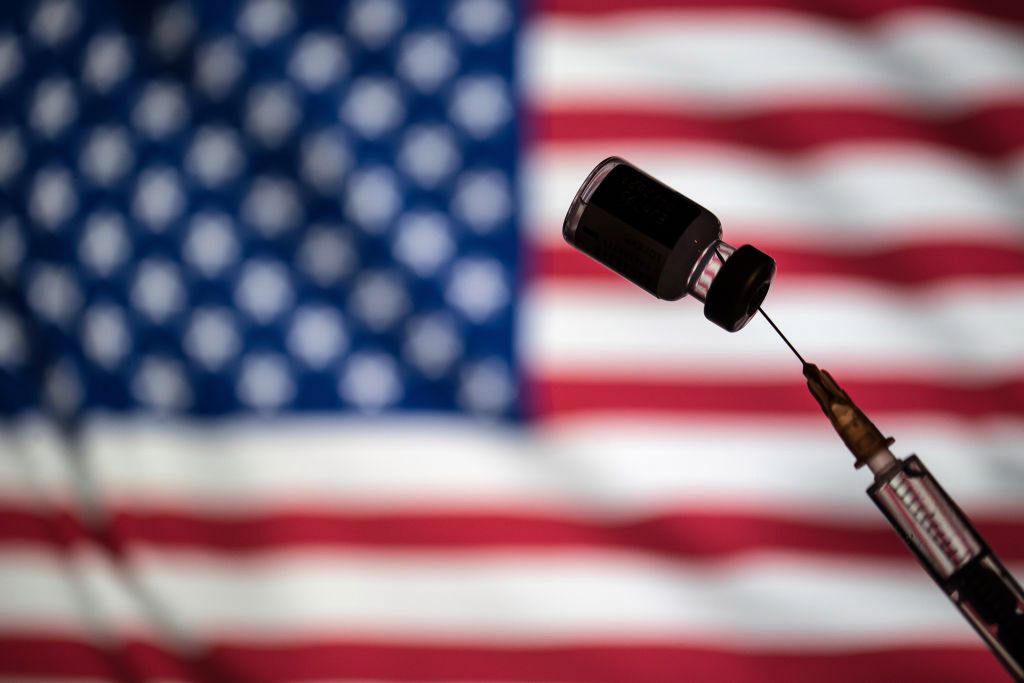In Communities Like Tuskegee, Dispelling Vaccine Skepticism Requires A Deep Commitment From Medical Professionals
Pictures and videos of Black doctors, celebrities, and community leaders getting the vaccination are not enough to convince some people of the vaccine’s safety. Vaccine skepticism among Black Americans persists even as the urgency of vaccination continues.
The Associated Press reported that residents of Tuskegee, Alabama, are skeptical of the COVID-19 vaccine. Given the unethical 40-year study by the U.S. government of untreated syphilis in Black men, it’s not surprising the mistrust continues. There remains living residents whose family members were affected by the ramifications of the study.
While many point to the Tuskegee experiment as a reason to be skeptical of the current COVID-19, the facts of Tuskegee differ from the current scenario. For decades the U.S. government failed to treat Black men for syphilis for the purpose of a medical study.
Fred Gray, the lead attorney in the Tuskegee lawsuit, recently did an interview dispelling concerns about the vaccine. Like those in Tuskegee, the general concern around public health exploitation of Black people is deeply rooted in historic inequities in public health.
Some see the lingering fear of malicious government action as a reason to move swiftly to address equity concerns. Several Black doctors, public health and medical ethics professionals argue the burden should not fall on Black communities. Trustworthiness needs to be built into the process.
Doctors Uché Blackstock and Oni Blackstock identified public health outreach and education as one of four steps the Biden Administration must take to address racial inequity in vaccine administration in a new op-ed in The Washington Post.
Third, we are running months behind on an expansive public health campaign and outreach to Black communities.
Trusted messengers would provide vaccine information and help navigate vaccine appointments.
— uché blackstock, md (@uche_blackstock) February 1, 2021
The other three steps outlined by the Blackstocks include prioritizing Black people for vaccine administration, setting up sites for administration in communities, and collecting racial and ethinic data including the zip codes of those vaccinated.
They build on the work of Lawrence Gostin, a professor of global health law at Georgetown University. During a November interview with STAT, Gostin said prioritizing vaccinating Black people is ethically sound. “The reason is both because of historic structural racism that’s resulted in grossly unequal health outcomes for all kinds of diseases, and because Covid-19 has so disproportionately impacted the lives of people of color,” said Gostin.
The emphasis on public health education is also important for breaking through misinformation about the pandemic and the vaccination. Understanding the origins of the vaccination, how it works helps people make informed decisions.
Distrust in the system has been compounded by the poor handling by the prior administration, which dumped vaccine administration on the states without adequate support. Writer and ethicist Harriet Washington said part of the problem is the erasure of Black doctors and public health practitioners.
“We have to be written out of the history,” said Washington in an interview with NPR. “If we hadn’t been, people might be better aware that we owe our knowledge of vaccines to a African. An African slave named Onesimus owned by Cotton Mather was the first person in this country to teach doctors how to do [early vaccinations].”
Anoa Changa is a movement journalist and retired attorney based in Atlanta, Georgia. Follow Anoa on Instagram and Twitter @thewaywithanoa.
SEE ALSO:
COVID-19 Pandemic Relief Talks Show The Limits Of ‘Bipartisanship’
Racial Disparities In Vaccine Distribution Demand Equity In Priorities

